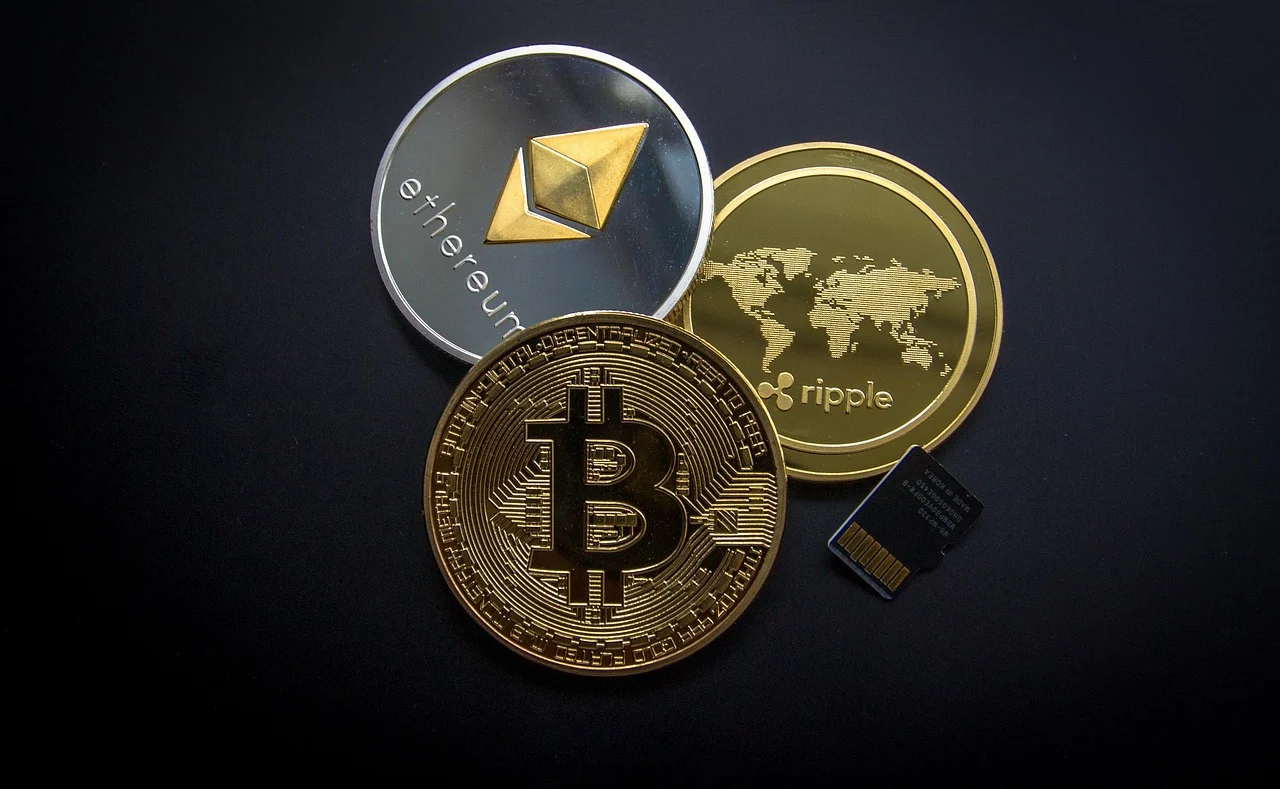As digital currencies like Bitcoin, Ethereum, and Solana become increasingly mainstream, Muslims around the world are asking a critical question: Is cryptocurrency halal or haram? With millions of Muslims investing or trading in crypto, it’s vital to understand how Islamic law views this modern form of money.
💬 What Is Cryptocurrency in Islamic Terms?
Cryptocurrency is a digital form of currency that operates without a central authority, using blockchain technology to ensure decentralized and secure transactions. From an Islamic perspective, the core issues revolve around:
- What kind of asset is it? (Currency? Commodity? Digital property?)
- Is it speculative (gharar)?
- Is it used in a lawful (halal) or unlawful (haram) way?
🧾 Recent Fatwas and Scholarly Opinions
1. Dar al-Ifta Egypt (2018, reaffirmed 2022):
Declared trading in cryptocurrency haram, citing high volatility, lack of state backing, and potential for fraud and illegal activities. However, the institution acknowledged that rulings may evolve as technology and regulation improve.
“Due to its speculative nature and potential misuse, current forms of crypto pose risks inconsistent with Shariah.”
2. Mufti Taqi Usmani (Pakistan):
In several lectures and writings, Mufti Taqi Usmani expressed skepticism toward crypto as a currency, highlighting its lack of intrinsic value and high speculation. He advised extreme caution and does not currently consider it halal for general investment.
3. Shariah Review Bureau (Bahrain, 2021):
Issued a more nuanced fatwa allowing crypto investment as halal, provided the investor avoids haram activities (e.g., gambling, interest-bearing schemes), and the crypto is used as a medium of exchange or store of value rather than for speculation.
4. Majma’ al-Fiqh al-Islami (OIC – 2023):
Ruled that cryptocurrencies are permissible (halal) as long as they are:
- Acquired lawfully
- Used for legitimate purposes
- Not tied to fraud, gambling, or riba (interest)
This fatwa was a turning point and reflects the growing consensus among contemporary scholars that the technology itself is not haram — the use case determines the ruling.
✅ When Is Cryptocurrency Considered Halal?
- You use it as a medium of exchange or store of value, like gold.
- It is not linked to scams or illegal activity.
- The project behind the token has clear purpose and transparency.
- You are not involved in day trading, pump-and-dump schemes, or gambling-style apps.
✅ Halal Cryptocurrencies (as of May 2025)
These cryptos are generally considered halal based on their structure, purpose, and Shariah compliance. Still, intended use matters.
- Bitcoin (BTC)
- Recognized as digital gold and a store of value.
- No intrinsic interest or haram utility.
- Used as currency and investment, not inherently speculative.
- Considered halal by scholars like Mufti Faraz Adam (UK).
- Ethereum (ETH)
- Supports smart contracts and decentralized apps.
- Some apps built on Ethereum are haram (e.g., gambling), but ETH itself is halal.
- Shariah Review Bureau (Bahrain) allows ETH as long as used ethically.
- XRP (Ripple)
- Used for cross-border transactions.
- Fast, low-cost, and transparent.
- Considered halal if not linked to interest-based services.
- Stellar (XLM)
- Designed for remittances and financial inclusion.
- Halal use case, low risk of speculative abuse.
❌ When Is Cryptocurrency Haram?
- You’re investing in tokens used in haram industries (e.g., pornography, alcohol).
- The crypto is used primarily for speculation or gambling.
- The platform charges or pays riba (interest).
- The asset is not backed by any value or project, making it a form of deceptive trading (gharar).
❌ Cryptocurrencies Likely Haram (as of May 2025)
These coins are generally considered haram due to links to haram industries, gambling, or high speculation. Scholars caution against investing in them.
Dogecoin (DOGE) ❌
- Created as a joke, lacks intrinsic utility.
- Driven by hype and speculation.
- High gharar; typically considered haram.
Shiba Inu (SHIB) ❌
- Meme coin with no intrinsic value.
- Mostly used in speculative, pump-and-dump schemes.
- No ethical utility.
Lucky Block (LBLOCK) ❌
- Linked to online gambling and lottery platforms.
- Considered haram due to direct connection with maysir (gambling).
Decentraland (MANA) & The Sandbox (SAND) ❌
- While metaverse-based, many parts include virtual casinos and haram content.
- If used in such environments, deemed haram.
USDT (Tether) and USDC (USD Coin) ❌
- Pegged to fiat currencies.
- Used widely in interest-based DeFi platforms.
- Not haram inherently, but usage determines status.
💡 Final Thoughts
The question “Is cryptocurrency halal?” doesn’t have a one-size-fits-all answer. It depends on the coin, how it’s used, and why you’re using it. The consensus is shifting toward a qualified halal status, especially for projects with real utility and ethical practices.
If you’re a Muslim considering crypto investment:
- Do your due diligence (sharī‘ah screening, whitepapers).
- Avoid high-risk speculation and haram use cases.
- Consult a trusted scholar if in doubt.




